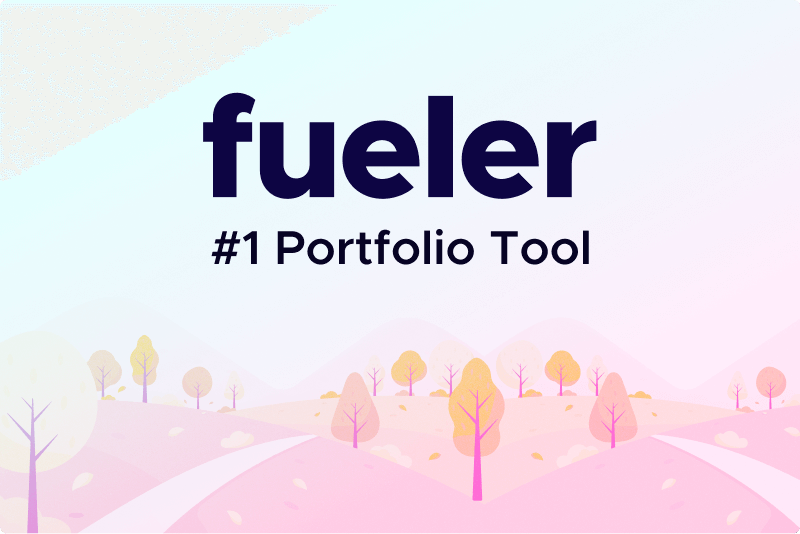10 Tips to Reduce Transportation Cost in S
10 Tips to Reduce Transportation Cost in Shipping
Transportation cost is one of the biggest factors that influences both the price of the product and the trader’s profit margin. Hence, it becomes very important for traders to find solutions to keep the transportation cost low without compromising on the delivery timelines or quality of service used.
While for products that are perishable in nature or are of high-value or require urgent delivery it might not be prudent to find alternative transport solutions, but for regular products and orders alternate solutions are possible.
Here are ten ways through which traders can reduce their transportation cost.
Send Full Load Shipments: Full container load shipments are not only easier to manage but are also cost effective. To gain cost advantage of FCL shipments, try to club orders for the same destination or negotiate for one-time bulk orders instead of frequent but smaller orders.
Explore the Combinations of Multi-Modal Transportation: Explore the various modes of transportation available, especially if you are not at a port location. Check which inland mode of transportation – road, rail, or sea is more cost effective to reach the port destination. Choose the mode of transportation which offers both cost benefit and low transit time. Generally, rail and road are the preferred mode of transportation to reach port destinations, but their cost effectiveness depends on the connectivity and distance to the port.
Traders can also explore the viability of feeder services for shipment between port locations.
Similarly, if the goods are perishable or low-volume and high-value then traders can also make a comparison between air and sea freight rates.
Opt for Direct Service: Direct services are comparatively more cost effective than those that require transshipment. They also provide less transit time to reach the destination port. Hence, wherever possible traders must try to get their shipment transported via a direct service.
Take Advantage of Off Season Rates: Shipping during the peak season for that specific destination is costlier as there is supply shortage. For example, for US shipments the period between August to September is considered peak season. So shipping goods to US during these months would incur higher cost. Some companies also charge a peak season surcharge to balance out demand and supply.
During the off season, the rates tend to dip, making transportation cheaper. Hence, one-time traders or those who ship out products that are not dependent on season or time sensitive, should look out to ship their consignments during the off season.
Negotiate Contract Rates: Regular and bulk shippers can take advantage of economies of scale. Depending on the volume of cargo that they ship during the year, regular shippers should try to negotiate half yearly or annual rates with carriers. To get the best rates in the market, before finalizing the contract, the traders should try to get quotes from various carriers and then choose the one with the best and most cost effective offering.
Get Insurance Cover: Some traders try to cut cost by not buying insurance. In the case of a shipping accident, this can prove costly. Obtaining the right insurance policy and cove can ensure that costs arising from hazards can be avoided.
Pay Attention to Packaging: How your goods are packed affects the handling, storing, and transportation charges. If they require less time to load and unload, the handling charges will be less. Similarly, if they require less pallet space while storage in a warehouse, the cost will be lower. If you can fit more boxes in a container or in a truck, the transportation cost will be lower.
Making the choice between Forwarder or Shipping Line : The answer to whether you should hire a forwarder to manage a shipment or approach a shipping line, depends on a variety of factors and the nature of the shipment. This decision can affect your overall transportation cost.
Hire a forwarder: If you’re sending an LCL shipment, then you might get a better rate from a forwarder. On the other hand, if you’re dealing in bulk and large shipments, then it might be more cost effective to deal directly with a shipping line.
If you’re a first time shipper who has no experience of dealing with customs, and other port authorities, or of negotiating rates with shipping lines, then it would be more cost effective in going with a forwarder. Evaluate your decision on the above points before making a choice.
Follow the Port and Carrier Schedules: Shippers, especially those who do not adhere to the timelines given by the shipping line or port authorities tend to incur heavy charges in the form of penalties and fines. These unnecessary charges can be avoided by ensuring that your cargo reaches all transport pick up points on the scheduled time. For example, if your cargo reaches the port after the Gate is closed for the selected service and vessel, then you would need to pay a fine if you want to get your cargo loaded on that ship.
Build Planning and Execution Skills: While a lot of traders are aware of the above points, and do take them into consideration when making shipping decisions, they falter when it is time to execute. For example, a trader may know that good packing helps reduce cost, but he may not be able to build in the changes on time for the shipment. Similarly, all traders know about port penalties and fines, but because of poor planning and execution, they may not be able to get the consignment to port on time.
To reduce transportation costs, traders need to build in capacity in the supply chain, explore new packaging, get market knowledge, be aware of trends in the transportation market, look for collaboration with transport companies and other manufactures. Traders who send out LCL loads can also benefit by collaborating with other traders sending cargo to the same location.
While some of these things may seem to be time consuming or incur costs initially, they can prove beneficial in the long run.
19 Mar 2024







